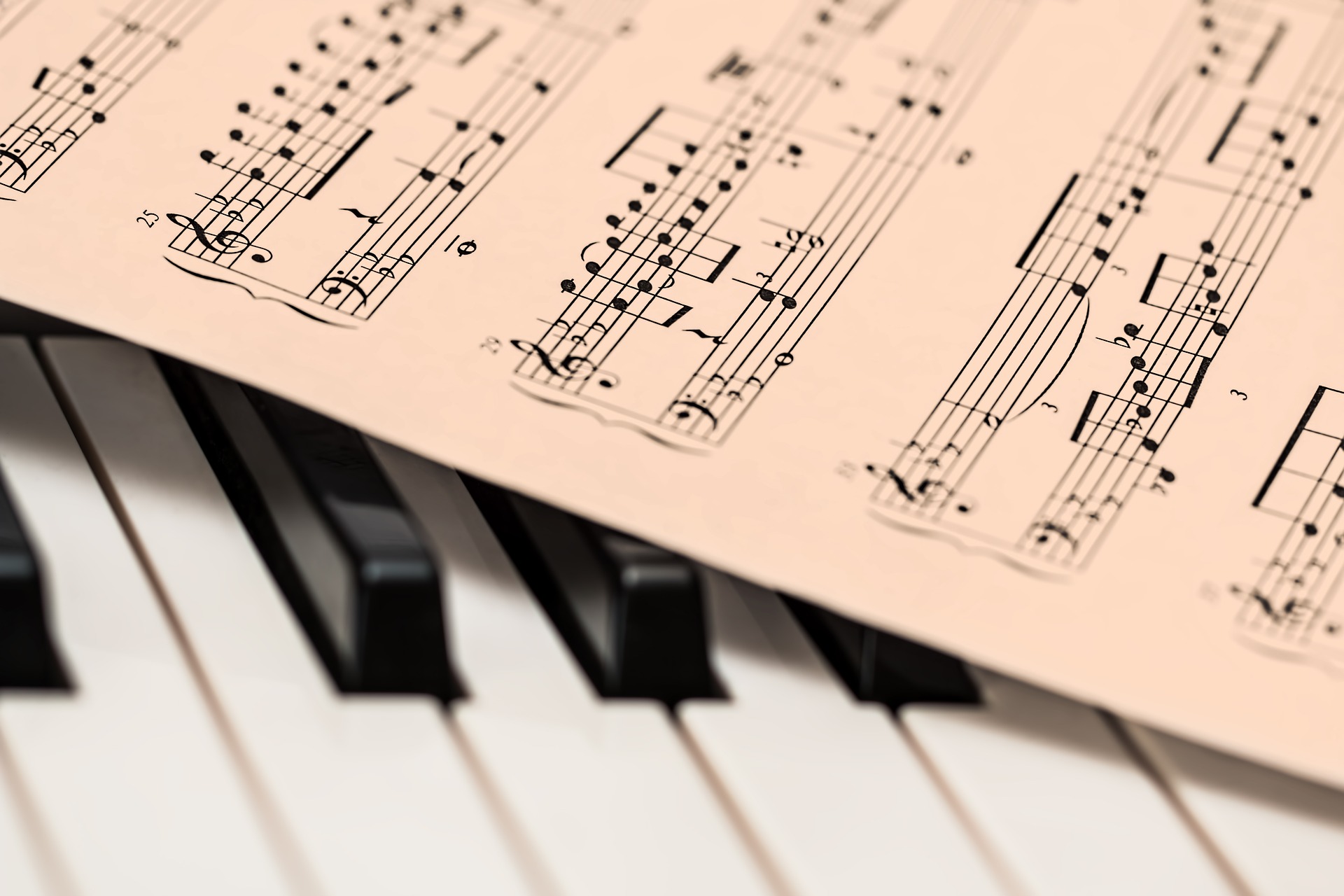What is power? Is it the control of someone’s actions and behaviours? Or can it go beyond that, to influence someone’s attitudes and perceptions? Music, in its unique ability to touch the deepest human emotions, is an extremely powerful medium for affecting thoughts, emotions, and beliefs, and so, to change the world.
You’ve probably heard the saying, “The pen is mightier than the sword”, stating what we all already know: that words are more powerful in the long run because they appeal to our intellect and can touch our emotions unlike brute force which only controls outward behaviour. The power to affect positive change in the world is rooted in our ability to effectively communicate beliefs and values to those around us. Both words and music are extremely valuable communicators, but music has additional significance, since it can reach emotions in a way words cannot.
Henry Wadsworth Longfellow, a famous English writer and poet, said, “Music is the universal language of mankind.” As a man whose profession depended upon his use of words to touch emotions, his statement is compelling; he understood the unique power of music. As a poet, Henry Wadsworth Longfellow’s goal, like any musician’s, was to evoke emotions in readers, and yet he acknowledges that music has an advantage over words, as music transcends the divide of language and culture!
In an article about the physical, emotional, and spiritual benefits of singing, David Cole and Jacques Maritain write: “Of every music it is true to say that the song begins where the word stops, as a bursting forth of a spiritual and emotional stir of exaltation of subjectivity—too deeply subjective, too existentially singular, too incommunicably effective to be possibly conveyed by an meaning of words.” Words are powerful, but music somehow reaches a deeper part of the heart that nothing else can access.
Shakespeare, a man known for some of the most compelling use of words in the history of the English language, also comments on the special power of music to evoke emotions. Commenting on the use of a stringed instrument (strings were made with animal’s guts), to excite love, his character Benedict in “Much Ado About Nothing” says: “Now, divine air! now is his soul ravished! Is it not strange that sheeps’ guts should hale souls out of men’s bodies?” (Shakespeare, 3.5). Indeed, is it not interesting how complex sound waves and mathematical rhythms can so deeply affect listeners and performers alike? This is the power of music: to touch the soul with something intimately beautiful and arousing; a harmony from another world.
So, learn about and explore this powerful and beautiful medium of communication! Students and children must learn how to use words effectively, and yet the study of music is not required in school. Take advantage of the unique and amazing opportunities offered by the VLC music program to explore music, and the exquisite beauty and deeper meaning it brings to life!
“Music can change the world because it can change people.” ~ Bono

